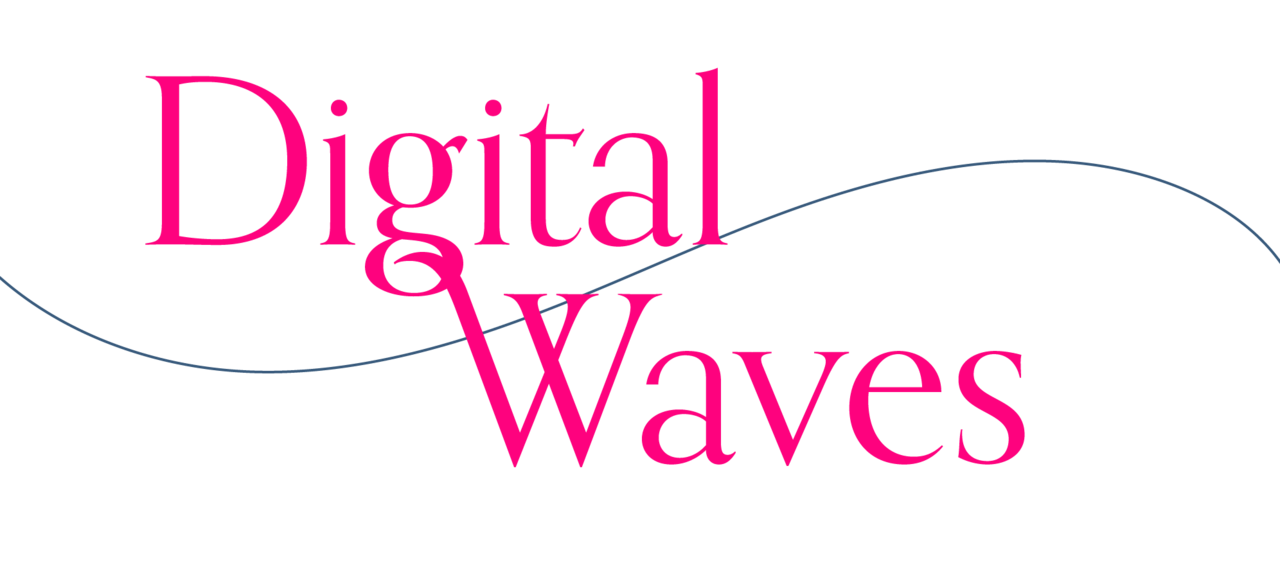
Explore how we can create flourishing and expansive digital pluralist narrative oceans. For pop culture narrative change philanthropic and field partners, from the Pop Culture Collaborative.

Explore how we can create flourishing and expansive digital pluralist narrative oceans. For pop culture narrative change philanthropic and field partners, from the Pop Culture Collaborative.